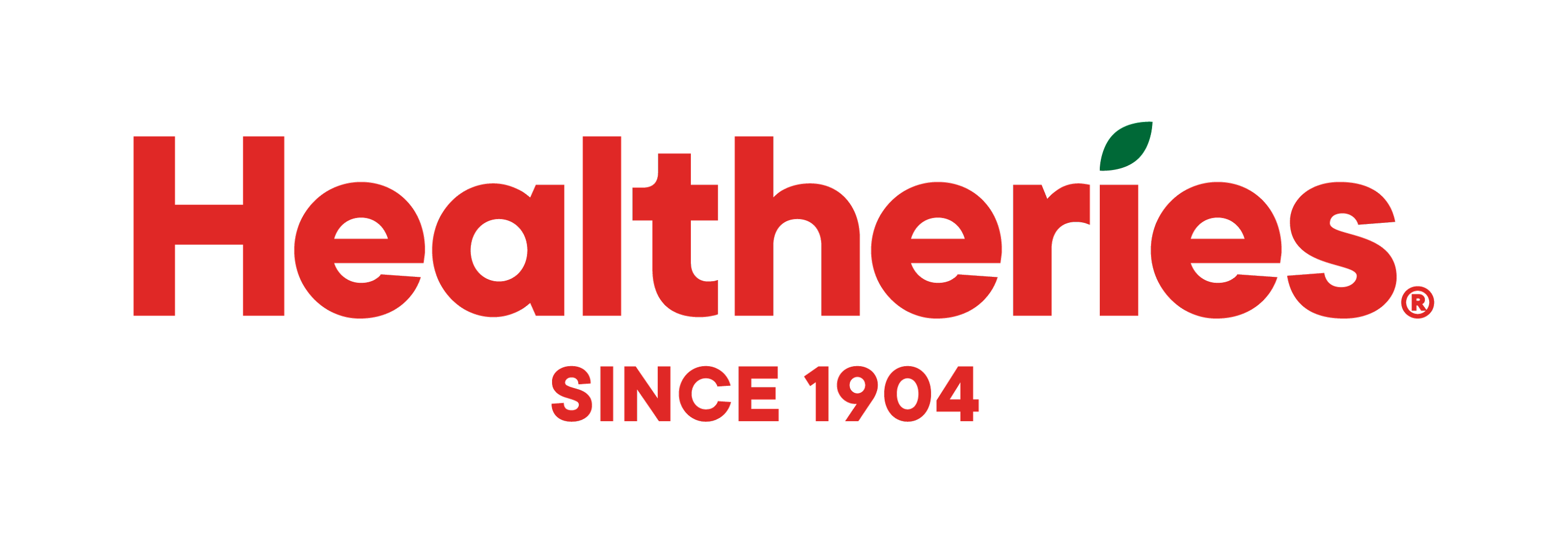DHA: a growing brain’s best friend?
Have you ever compared the labels of a standard Omega 3 fish oil and a high-quality children’s Omega supplement? If so, you’ll have noticed that their proportions of EPA and DHA – the two important essential fatty acids (EFAs) in fish oil – are different. Because children need more DHA (proportionally) than adults, any good quality children’s supplements will be higher in DHA. But what is DHA, and why is it so important for growing children.
DHA stands for Docosahexaenoic Acid. It’s an Omega 3 EFA that comes from cold-water ocean fish. It’s also a major component in substances called phospholipids, which comprise a key part of cell membranes. That makes DHA important for optimum memory and mental function because phospholipids influence efficient communication between brain cells. They also promote the growth of dendrites (the branching brain cell pathways that receive signals from other brain cells).
The connection between DHA and learning
At its root, learning is about being able to recognise and take in new information, relate it to information that’s already known, and then store it. Each part in the process requires massive amounts of communication between brain cells – communication that happens through electrical signals that pass through brain cell membranes. Optimal DHA levels create healthy cell membranes, which helps those electrical signals to pass more easily from one cell to another. This means that brain cells whose membranes contain enough DHA will communicate more easily with each other. The result is a brain cell membrane that’s optimally set up to support memory, learning and general brain function.
When do children need extra DHA?
During the last pregnancy trimester and the first few months after birth, babies experience a huge increase in their brain growth. Each new cell requires a large amount of DHA as it develops; and (until the child is weaned) that DHA needs to come from the mother’s diet. That means women in their third trimester and breastfeeding mothers need to ensure they get enough DHA in their diet for both themselves and their baby.
Even once a child’s “brain growth spurt” is over, they still continue to learn and process information at a extraordinary rate. They therefore continue to need higher proportional levels of DHA compared to adults. Ideally, this DHA will come through regular servings of cold-water ocean fish in their diets. However, children can sometimes be picky about what they will eat, so a high-quality Omega 3 supplement formulated especially for children may be a useful alternative.
